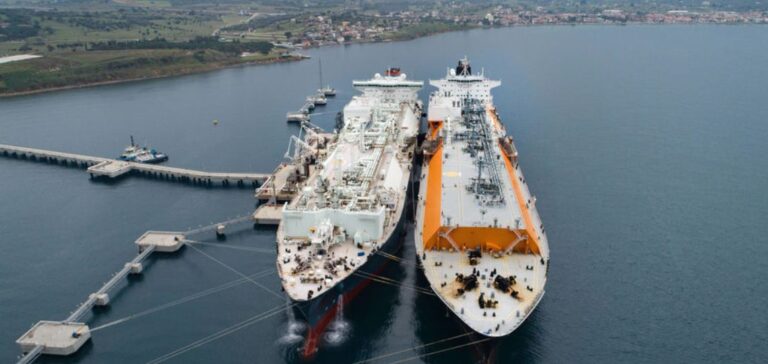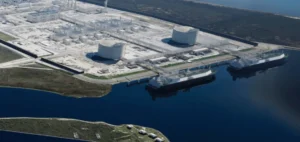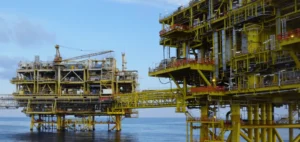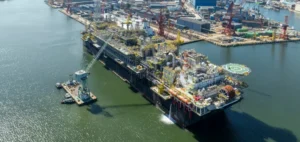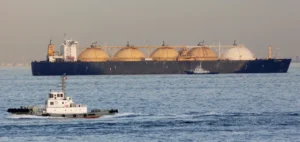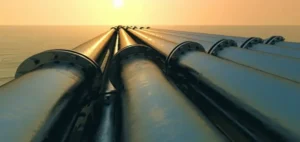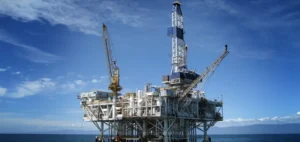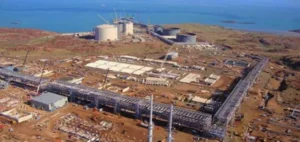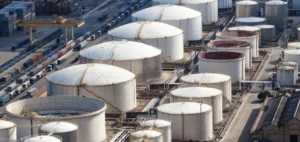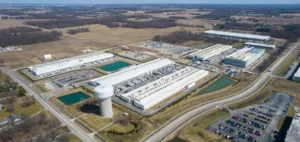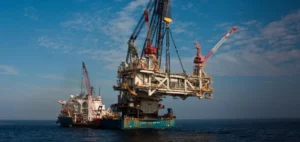Liquefied natural gas (LNG) prices in Europe recently reached their highest levels since last December. On May 21, Platts valued DES Northwest Europe and Mediterranean markers for July at $10.445/MMBtu, marking an increase of 33.4cents/MMBtu in one day. This increase is the result of geopolitical tensions and limited LNG supply in Europe, exacerbating competition with global demand hubs, particularly in Asia, where heat waves have intensified seasonal demand.
Geopolitical tensions and limited supply
Despite high gas inventories in Europe, LNG supply has been declining week by week. LNG traders in Europe are observing that sellers prefer to direct their cargoes to Asia rather than Northwest Europe, due to more attractive prices in Asia. This dynamic is pushing European prices even higher to attract sales.
Competition with Asia
High LNG prices in Europe are being challenged by those in Asia, where JKM recently reached $11.498/MMBtu, its highest level since December, before falling back slightly to $11.485/MMBtu on May 21. This strong demand in Asia adds further pressure on the European market, forcing European buyers to offer competitive prices to secure LNG cargoes.
Maintenance and Supply Risks
In addition to geopolitical tensions, Europe has to cope with planned maintenance on the Norwegian continental shelf, reducing gas flows by around 11% month after month. Although such maintenance is planned, any unforeseen extension could put further pressure on the market, particularly as we approach the third quarter, when larger gas injections are expected.
Impact of maintenance in the North Sea
Traders are aware that ongoing maintenance, although planned, does not mitigate the risk of impact should problems arise. In a relatively tight LNG market, such maintenance increases the risk of further price rises. An Atlantic-based trader noted that despite planned maintenance, the potential impact remains high if complications arise.
Evolution of Price Differentials
Historically, an increase in TTF prices widens the spreads with LNG prices. However, these gaps have remained narrow due to increased global competition for LNG. Traders expect these spreads to remain narrow as European offers remain relatively high to attract cargoes. Despite the strength of TTF prices, spreads with LNG prices remain narrow, making LNG imports less economical and pushing European and Mediterranean participants to replenish their supplies with pipeline gas volumes. High prices in the Mediterranean and Spain reflect a tight market, and any new information could cause prices to soar. Rising LNG prices in Europe underline the challenges posed by geopolitical tensions and limited supply, exacerbated by strong demand in Asia. While planned maintenance in Norway adds further pressure, the narrow price differentials between TTF and LNG underline the intense competition for LNG cargoes. This dynamic makes European supply more complex, requiring strategic adjustments to secure the necessary energy.

